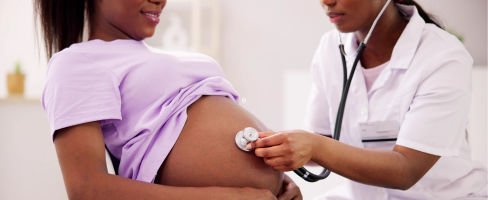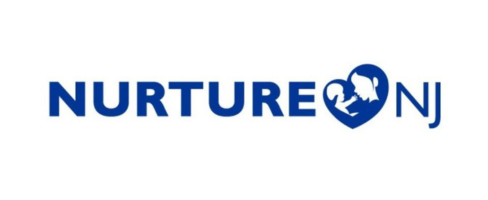- Home
- New Jersey Maternal Health Data
New Jersey Maternal Health Data
New Jersey Maternal Health Data
The Department of Health is committed to using research, data, and state-wide outreach collaboratives to end preventable morbidity, mortality, and racial disparities in New Jersey maternal care and improve health outcomes for birthing people and infants.
The Department of Health is committed to satisfying legislation P.L.2018, c.82 and P.L.2019, c.75 which requires that a Maternal Health Hospital Report Card is developed, updated annually, and made available on the website of the Department of Health. This report card, as per legislation, is designed to inform members of the public about maternity care provided in each general licensed hospital so that a member of the public is able to make an informed comparison. For each hospital, the report card will include:
- the number of vaginal deliveries performed;
- the number of cesarean deliveries performed; and
- the rate of complications experienced by a patient receiving maternity care:
- for a vaginal delivery, which shall include the rate of maternal hemorrhage, laceration, infection, or other complication as prescribed by the Commissioner of Health; and
- for a cesarean delivery, which shall include the rate of maternal hemorrhage, infection, operative complication, or other complication as prescribed by the Commissioner of Health.
The Commissioner shall revise or add complications or other factors to be included in the report card based on maternal quality indicators as may be recommended by the American Congress of Obstetricians and Gynecologists.
The New Jersey Maternal Data Center also aims to assure data regarding maternal health and related outcomes are transparent to policy makers, consumers, and relevant stakeholders in New Jersey, through dissemination of data visualizations focused on the maternal health ecosystem and social determinants of health.

Maternal Health Hospital Report Card
The Maternal Health Hospital Report Card is an annual report designed to inform members of the public about maternity care provided in each general hospital.

Hunger, Food Security and Maternal Health
The Hunger, Food Security and Maternal Health web experience application is an interactive tool illustrating how food access, maternal and infant health conditions are intertwined as well as NJ Department of Health programmatic interventions aimed at reducing food insecurity.

Nurture NJ
Nurture NJ is an awareness campaign that seeks to reduce the state’s high maternal and infant mortality rates and eliminate racial disparities in health care.

